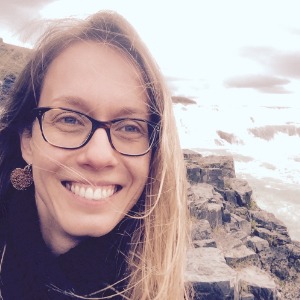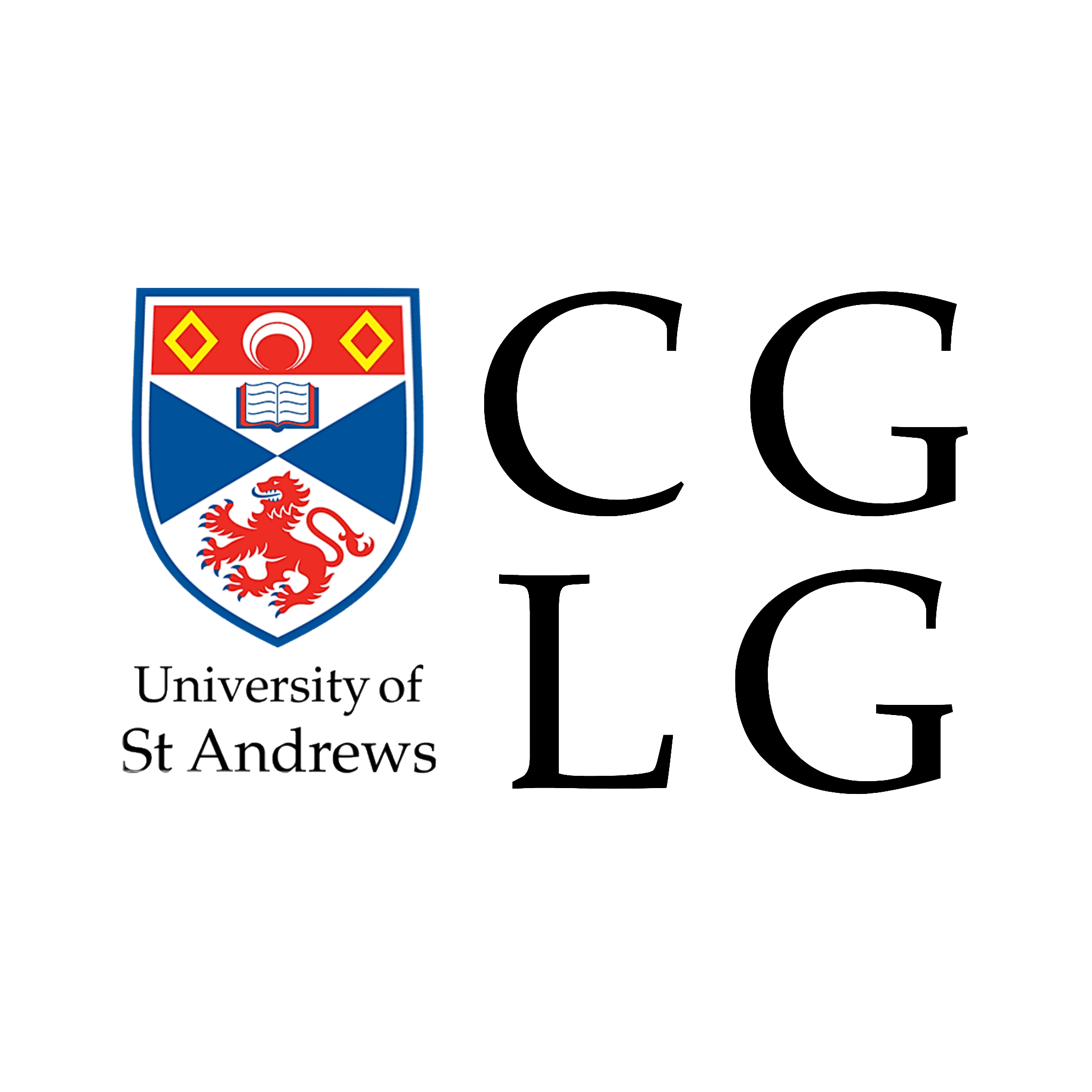
Executive Director, Scottish Council on Global Affairs
Former Director, Center for Global Law and Governance
Dr Mateja Peter joined the School of International Relations in September 2015. She currently acts as the Executive Director of the Scottish Council on Global Affairs – the first all-Scotland global affairs institute – and a Research Lead on the PeaceRep Global Fragmentation project.
Mateja joined the School of International Relations in September 2015. She previously worked as a Senior Research Fellow at the Norwegian Institute of International Affairs (NUPI) and held post-doctoral fellowships at the United States Institute of Peace (USIP), the German Institute for International and Security Affairs (SWP), and the Norwegian Institute for Defence Studies (IFS). She received her PhD in Politics and International Studies from the University of Cambridge.
Mateja’s research explores the role of third-party interveners (states and international organisations) in contemporary peace processes and post-conflict reconstruction. She studies theoretical and policy implications of sustained international interventions in the post-Cold War era (the so-called liberal statebuilding) and the subsequent pushback against liberal interventions.
Mateja’s current project explores how the changing global order is impacting conflict management practices and norms, from UN peacekeeping to international mediation. This work intersects with her policy engagement. Having previously provided research support for the work of the UN High-Level Independent Panel on Peace Operations, she now acts as a research lead on a multi-partner Global Fragmentation project, conducted by the PeaceRep consortium and funded by the Foreign, Commonwealth and Development Office (FCDO). She is working with an interdisciplinary team at Universities of St Andrews and Edinburgh rethinking policy ideas around contemporary international mediation. As part of the project, the team is building a novel dataset of third-party mediators and devising interactive visualisation tools for researchers and practitioners.
